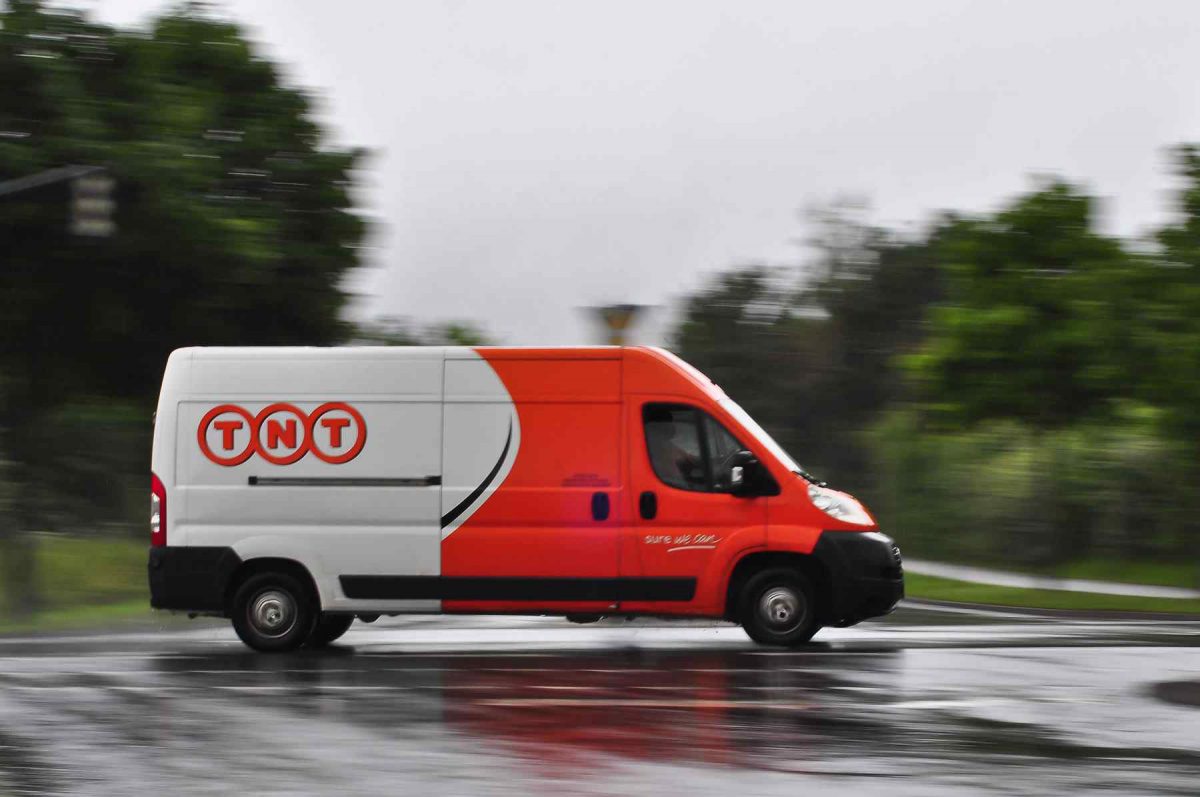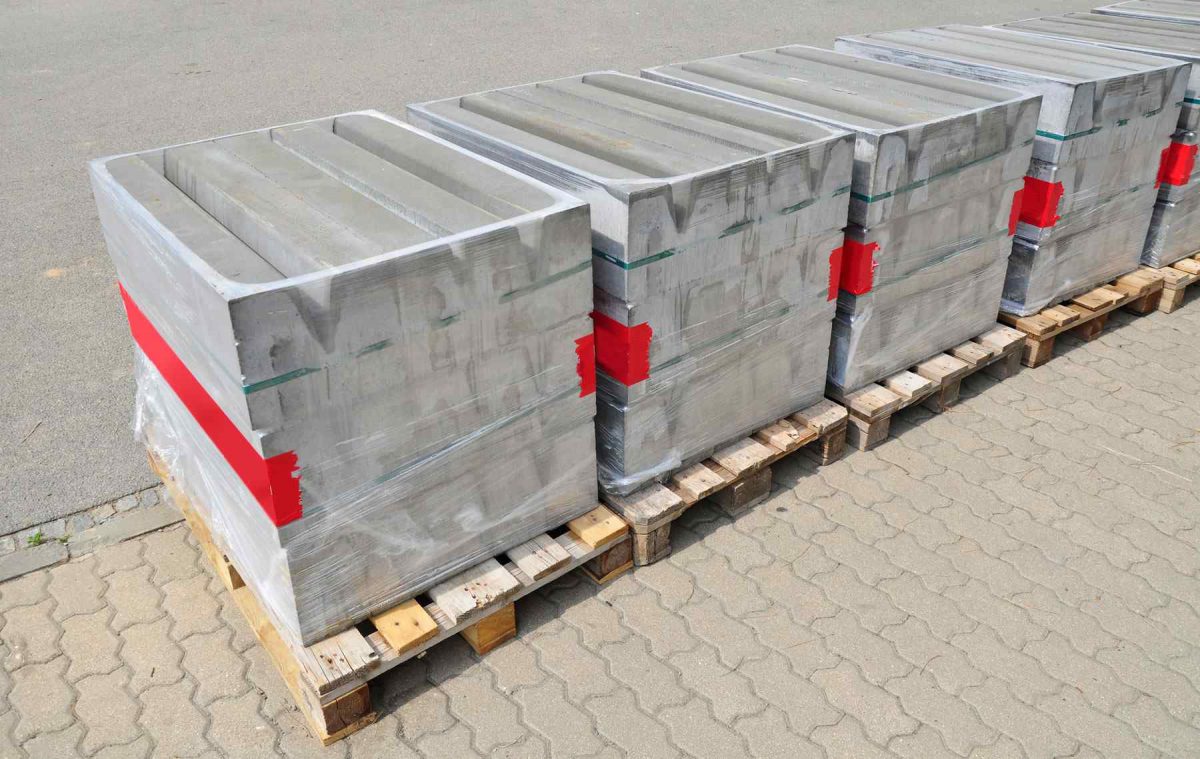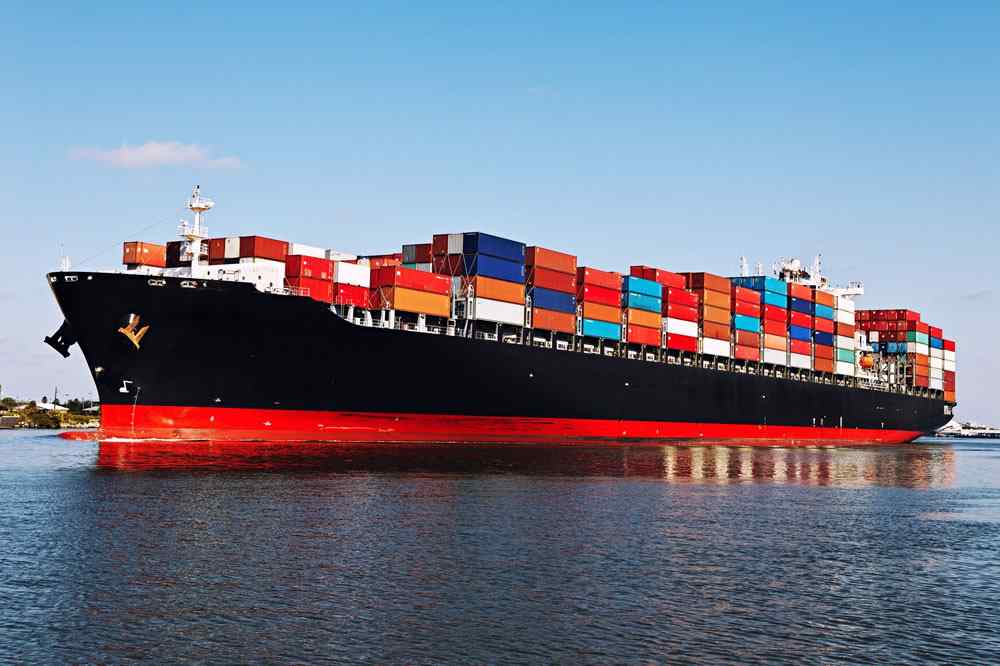September 8, 2022 GENERAL
VIETNAMESE IPP Air Cargo will soon be in the air says Phillip Nguyen, CEO of IPP Travel Retail, reports Mumbai’s Stat Trade Times.
Speaking at the recent Routes Asia conference, Mr Nguyen said that the new airline, branded IPP Air Cargo, will begin operations in September servicing Hong Kong and Singapore.
IPP Group announced the acquisition of IPP Air Cargo IPP Air Cargo’s first 737-800 BCF aircraft is nearing completion at Guangzhou Aircraft Maintenance Engineering (GAMECO), announced Brian Thomas Hogan, Leasing Advisor at IPP Air Cargo.
The second aircraft is already in conversion, followed by the third and fourth. IPP Group (IPPG), a Vietnamese retail group that established IPP Air Cargo in June 2021 was hoping to receive its first modified aircraft to be delivered by the end of July 2022.
In June 2021, IPP Group announced the acquisition of IPP Air Cargo. With a VND2.4 billion (US$100 million) investment, IPP Air Cargo was formed to start an airline focused on freight transport, at a time when the sector was in chaos due to the pandemic.
In an interview published on IPP Group in June 2021, Johnathan Hanh Nguyen – chairman of IPPG explained why he decided on establishing an airline when the world was in the middle of a crisis.
‘Vietnam lacks a specialised airline that transports goods. Export businesses are facing serious difficulties. Businesses are willing to pay premium rates, but they must occasionally wait in line for flights because the airline does not have enough slots.’ he said.
‘Therefore, I immediately thought to myself, ‘I can’t just sit here and sell branded products to make money’, even though branded goods sold extremely well during the pandemic.
‘Since the customers were unable to travel overseas, we imported the new models for them to purchase, resulting in an 84 per cent increase in sales,’ said Mr Nguyen.
Expanded exhibition area by 15 per cent, Messe Muenchen on ACF, Transport Logistic Americas IPP Air Cargo is managed by CEO Le Hong Thuy Tien, with former Polar Air Cargo COO Lars Winkelbauer serving as an advisor. The new airline is in negotiations with Singapore’s postal service provider Singpost and Cainiao, the logistics subsidiary of Chinese e-commerce giant Alibaba.
IPPG has also signed a memorandum of understanding with Australia’s Wagner Corporation to build a trade corridor between Toowoomba (WTB) in Queensland and Vietnam. Service is anticipated to begin in March 2023.
According to Mr Nguyen, the route’s objective is to transport consumer and industrial goods to Australia, as well as perishables like fresh food to Vietnam and beyond.
Mr Nguyen. also stated that plans are in the pipeline to use Da Nang (DAD) and Cam Ranh (CXR) as staging points for goods to be transported to other destinations in the area or to Vietnam’s seaports.
Source: SeaNews Turkey













